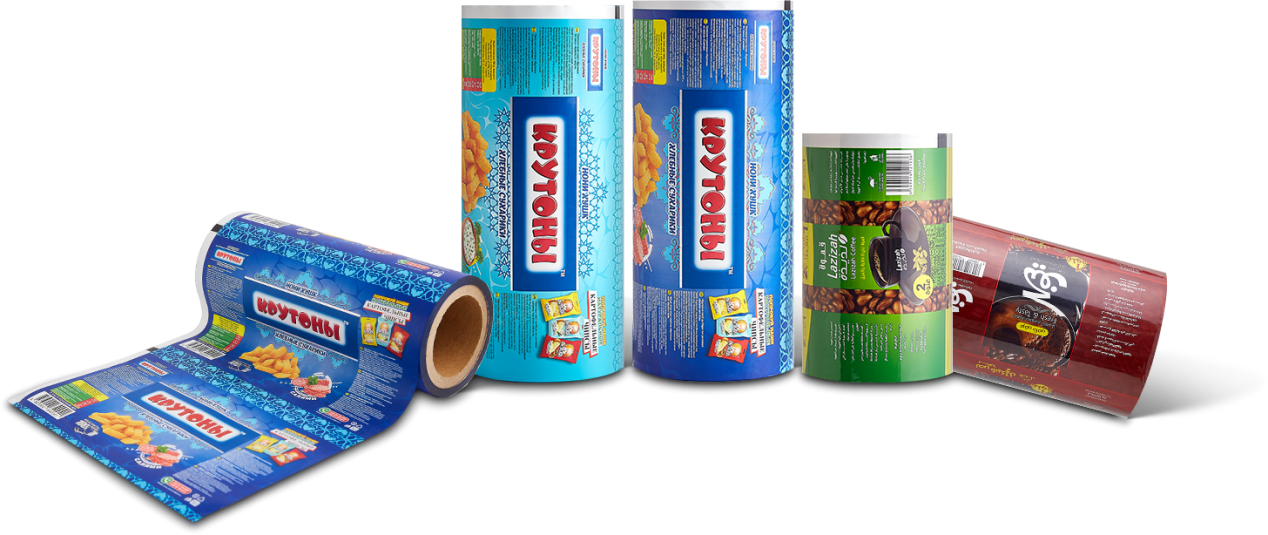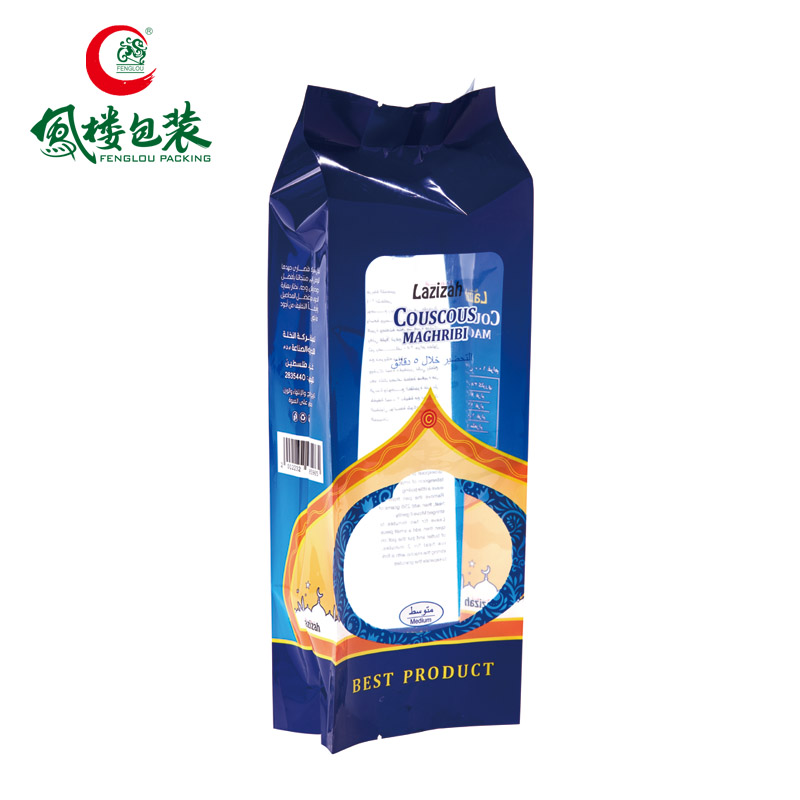© 2023 MJH Life Sciences and Nutritional Outlook. All rights reserved.
© 2023 MJH Life Sciences™ and Nutritional Outlook. All rights reserved. Auto Packing Stretch Plastic

Melodea proposes its new MelOx NGen barrier coating as an eco-friendly alternative to ethylene vinyl alcohol, or EVOH.
Ethylene vinyl alcohol (EVOH), a copolymer of ethylene and vinyl alcohol, is often used to line food packages like plastic bottles and pouches in order to create an oxygen barrier and thus increase product shelf life. But adding EVOH can render a package unrecyclable. One company is now offering an alternative.
“The majority of plastic packaging available today cannot be recycled due to its multistructure composition,” said Cee Azerraf, PhD, vice president of sales and marketing at Melodea Ltd. (Rehovot, Israel), in a press release. Melodea is a supplier of sustainable, high-performance barrier coatings for packaging. “EVOH, which is typically infused into the thin plastic films of the food packaging to serve as an oxygen barrier, is non-recyclable, preventing the entire package from being recyclable," Azerraf explained.
As an alternative, Melodea is now offering MelOx NGen, a water-based, plant-based coating that companies can use to line plastic food packages in place of EVOH. MelOx NGen can be recycled and is suited for plastic food packaging like films, pouches, bags, lidding, and blister packs. It is approved for food contact by FDA and BfR (the German Federal Institute for Risk Assessment), the company says.
MelOx NGen is the latest development from Melodea, which has already won awards for its renewable bio-based material MelOx for paper packaging. Now, the company is offering MelOx NGen specifically for plastic packaging.

Bopp Laminated Film “MelOx NGen could help expand the scope of plastic food packaging eligible for recycling,” the firm’s press release states. “It can empower food packagers to fulfill their sustainability goals and align themselves with government regulations aimed at reducing the utilization of single-use plastics.” It can also help European Union companies avoid taxes now levied on non-recyclable plastic packaging, and help companies sidestep the rising prices for EVOH, the company says.